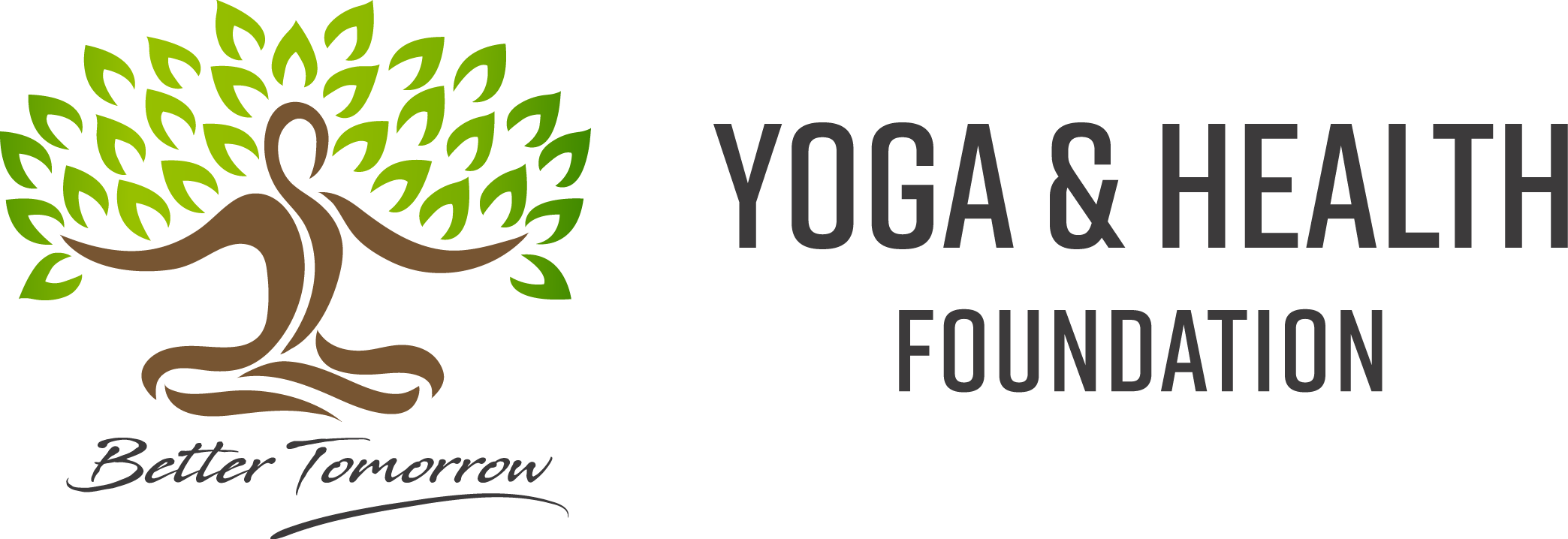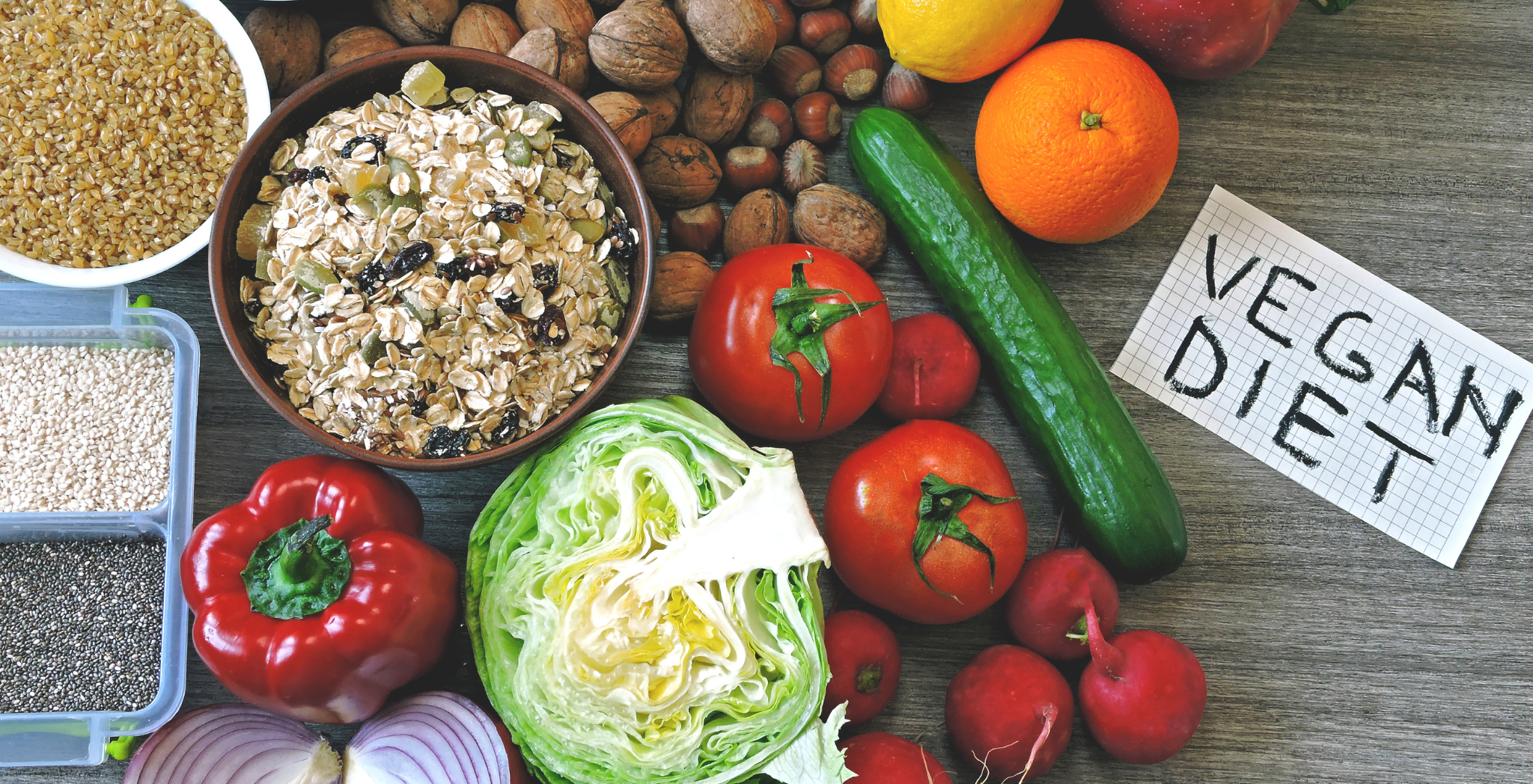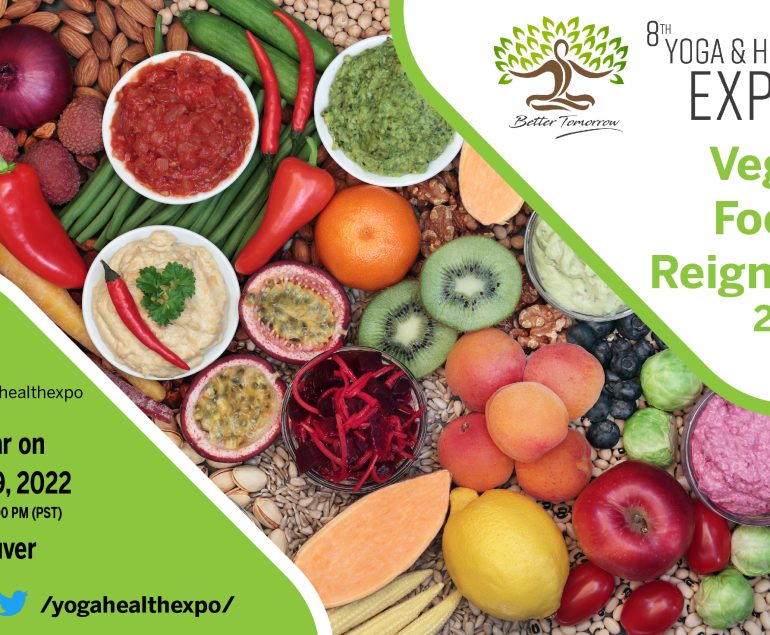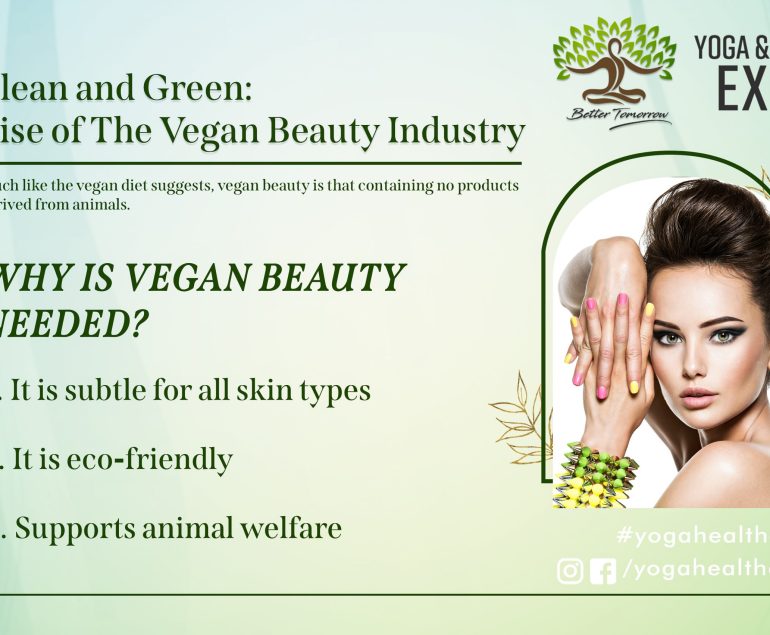A vegan diet has been trending in the town for a while now, and it is not at all difficult to comprehend why. The proven health benefits and positive environmental impacts of this plant-based diet are enough to support the fact. These sole benefits make it an optimal approach to follow.
What made the vegan diet’s popularity rise?
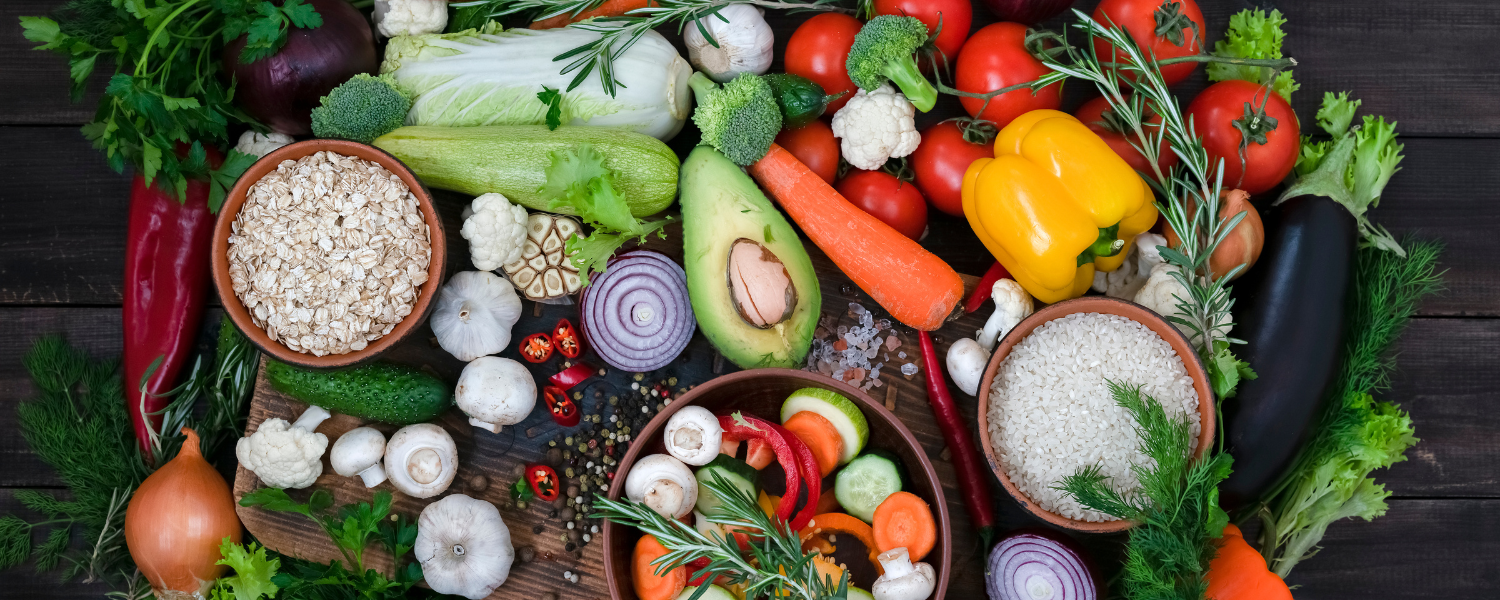
People’s growing consciousness of how their food choices affect their bodies, the environment, and animals is the main driving force behind this trend. Studies have shown that a vegan diet can reduce the risk of heart disease, improve cholesterol levels and reduce the risk of cancer. Due to the diet being naturally low in saturated fat and cholesterol and high in fiber, vitamins, minerals, and antioxidants make it another major factor in following a vegan diet for weight loss.
Celebrity backing has played a crucial role in heightening the levels of this trend. With more and more stars vocalizing their support for veganism, the movement has become more mainstream and accessible to a wider variety of people. This is obvious because when a celebrity follows a vegan diet, it encourages fans to do the same.
In addition to its health benefits, a vegan diet is more sustainable and better for the environment. The diet that is healthy in itself may also turn out to be the healthiest for the world since recent studies have shown that adopting a vegan diet can reduce our carbon footprint by up to 73%. This is because animal agriculture is one of the leading causes of climate change. Reducing the demand for animal products can help reduce the amount of deforestation, water and air pollution, and greenhouse gas emissions.
Finally, a vegan diet is a great way to help animals. Eating vegan helps reduce the demand for animal products, which helps reduce the number of animals living on factory farms. This means fewer animals are killed for meat and other animal products.
These factors make the consumption of this diet appropriate to follow at every stage of life.
What is a vegan diet?

Well, a vegan diet consists mainly of plant-based foods such as fruits, vegetables, legumes, grains, nuts, and seeds. However, it should always be kept in mind that a vegan diet can be plant base, but not all plant-based diets can necessarily be vegan. These foods are rich in vitamins, minerals, antioxidants, and other essential nutrients.
A vegan diet may be low in specific nutrients, such as calcium, omega-3 fatty acids, and vitamin B12, so it’s necessary to ensure that you get enough of these nutrients through fortified foods or supplements.
How does a vegan diet benefit your health?
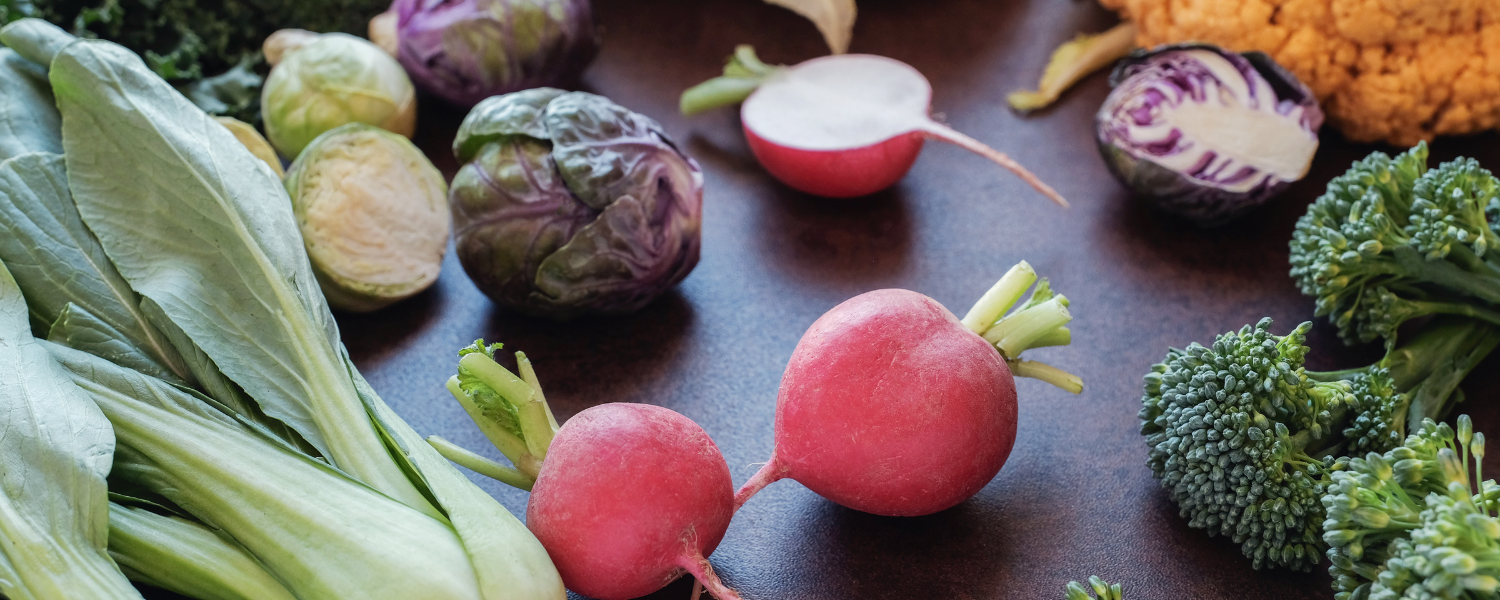
The plant-based diets are naturally low in saturated fat and cholesterol, which help reduce the risk of heart disease and stroke. Additionally, plant-based diets are generally high in fiber, vitamins, minerals, and other important nutrients, which help flourish health.
According to the facts stated by studies, people who follow a vegan diet have lower rates of obesity, high blood pressure, and diabetes. Second, plant-based diets are often more sustainable than diets that include animal products. These require fewer resources to produce, meaning they have less of an environmental impact than animal-based foods.
At many points throughout life, such as during pregnancy, nursing, infancy, youth, adolescence, and older adults, and for athletes, a well-planned vegan diet is a good, nutritious choice. Finally, plant-based diets are beneficial for your mental health as well. Eating a variety of plant-based foods can help reduce stress and provide a sense of well-being and is often associated with lower rates of depression and anxiety.
Overall, a vegan diet is a wonderful option to navigate for the betterment of your health, your mental well-being, and the environment.
However, It’s important to note that a vegan diet may not necessarily be a healthier option for everyone. People with specific health concerns may need to take extra steps to ensure they’re getting all the nutrients they need, and those with allergies or intolerances may need to avoid certain vegan foods. It’s always best to work with a registered dietitian to develop an individualized meal plan that takes into account your health needs and lifestyle.
Simple tips to make the switch to a healthy vegan diet :
Transitioning to a different diet can be intimidating in the beginning, however maintaining it with the right attitude can help you finish the race strong.
Here are a few steps which can make this shift smooth for you.
1. Go Slow

Going for a plant-based basket is important for a healthy, balanced diet. Experiment with different recipes and flavors to find healthy and delicious dishes you enjoy. Also, try to buy organic, locally-sourced produce whenever possible to help support sustainable farming practices.
2.Take time to plan your meal

3. Cut down on meat and stock up healthy
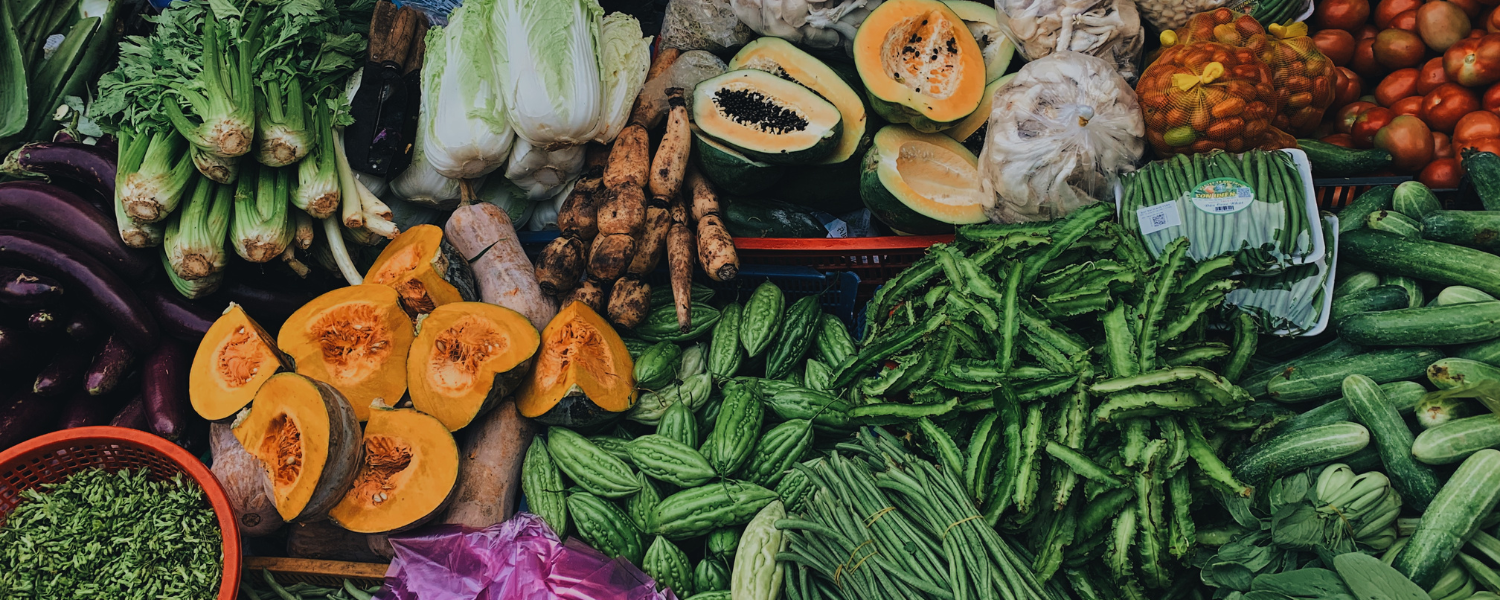
Change the proportion of animal and plant based food on your plate rather than completely eliminating animal products. This will help you make a gradual but successful transition to a plant-based diet.
Also, you may try some plant-based alternatives. If you’re used to having a certain type of animal-based dish, try to find a plant-based version of it. This will make the transition easier and more enjoyable.
4. Experiment with your food by knowing it

Also, don’t be afraid to get creative with your food. Vegan cooking is versatile,and gives you the opportunity to try something you’ve never tried before.
5. Never shy away to take help

Changing your diet might be overwhelming initially however when transitioning to vegan diet, it’s important to have a plan of action in place. Setting achievable goals for yourself and tracking your progress help you stay on track and stay motivated.
